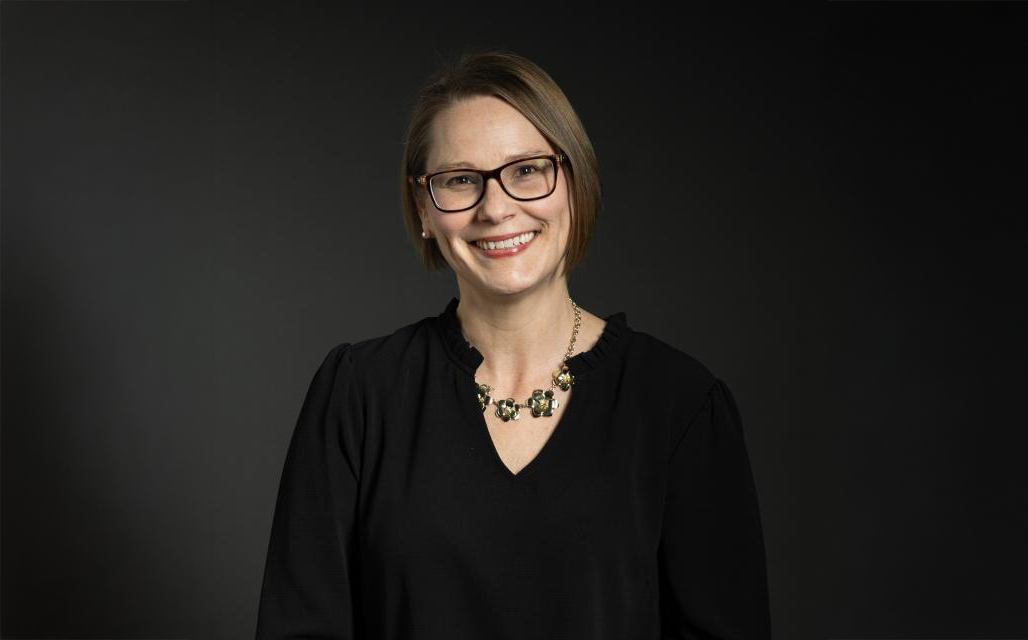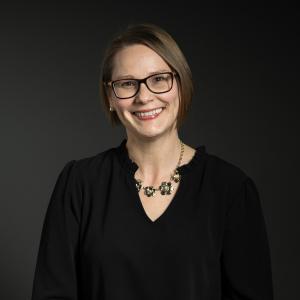
Professor Katherine Crassons is an Associate Professor in the Lehigh University English Department and a scholar of Medieval Literature, Literature and Religion, and Health Humanities and Disability Studies. In the Fall 2024 semester, Professor Crassons offered an interdisciplinary seminar, “Neurodiversity and the Literary Imagination,” cross-listed between English and Health, Medicine, and Society. Professor Crassons has also published scholarly work in this area, including a recent article in the prestigious journal Literature and Medicine: “Allegorical Investigations: Autism, Applied Behavioral Analysis, and Medieval Poetry.”
We spoke with Professor Crassons about her class and her interest in this dynamic, cross-disciplinary field.
The writings of neurodiverse people are often excluded from university curricula, and Professor Crasson demonstrates the vibrant importance of such texts in “Neurodiversity and the Literary Imagination.” Throughout the seminar, she and her students explore how “non-typical” brains may generate writing, language, and stories differently. Such exploration requires careful and responsible study, since no test or scan exists to determine or demarcate autism. As Professor Crassons notes, we learn about “autism and identity based on readings and interpretation.”
When we consider autism through literary study, we open up perspectives and possibilities clearly distinct from clinical methods and strategies. English scholars can understand autism through reading bodies, language, centering voices, and interpretive skills. Professor Crassons is hoping to expose the ethically questionable clinical history of autism, while showing that “literature can be a powerful avenue for the neurodiverse.” In this class, she and her students read “a wide variety of texts focused on the clinical history of autism, fictional autistic characters, autistic experiences, and autistic patterns of language.”
As a scholar, Professor Crassons has, likewise, studied this relationship between literature and neurodiversity. One of her recent publications focuses on two trials done by Ole Ivar Lovaas in his Applied Behavior Analysis study. Dr. Lovaas’s ABA therapy is a method that teaches autistic children through prompts, models, and positive and aversive reinforcements. Professor Crassons is specifically focusing on one of his earlier trials, in which food denial and electric shock were used to promote the showing of affection. She is also analyzing William Langland’s allegorical poem Piers Plowman, in which hunger comes to life to discipline workers who refuse to work. She is specifically analyzing the perspective of will and affect that arises in Piers Plowman. Professor Crassons studies these two seemingly disparate texts in relation, using Piers Plowman to talk about Lovaas’ ABA trials on Mike and Marty.
As a teacher, Professor Crassons asks her students to think about the representation of autistic people in books and media from a critical perspective. “How do we become better listeners? How can we avoid pathologizing autistic language, especially when it overlaps with the speech of literary texts that are valued? Why is there value in some but not others?” Professor Crassons is hoping to show that neurotypical expectations limit the possibilities of language and the ways it can work and be used. “Literature and Language is much more than neurotypical.”
Spotlight Recipient

Katherine Crassons
Associate Professor
